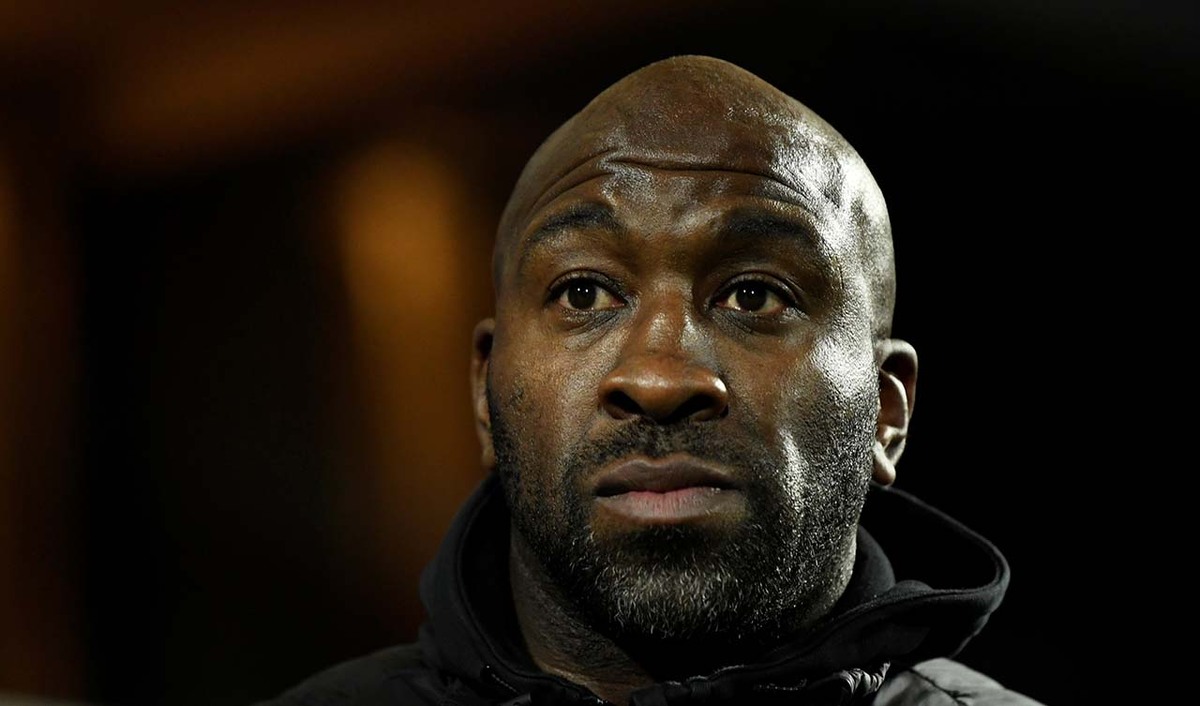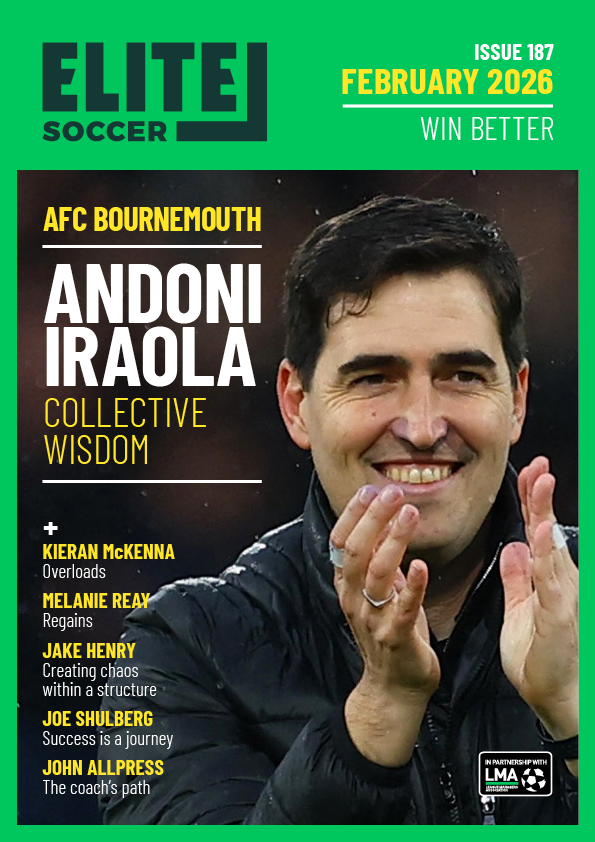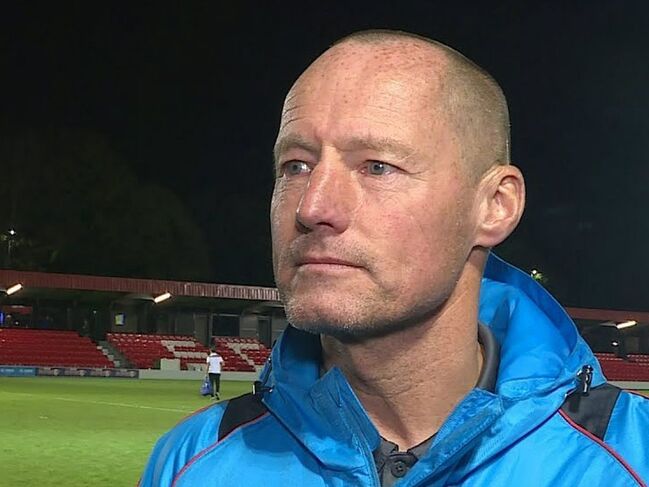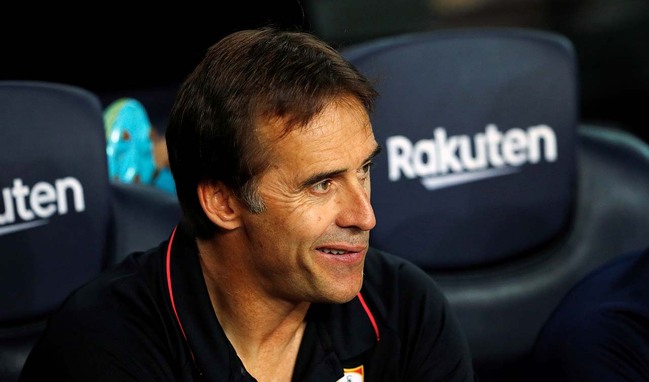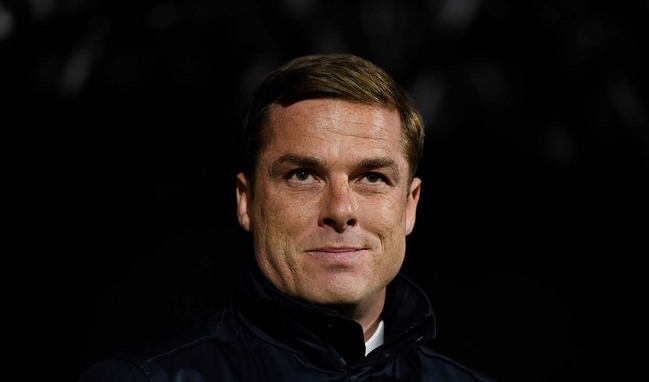NEXT ELITE SOCCER COACHING AWARD COHORT STARTS FEBRUARY 16 - ENROL NOW
You are viewing 1 of your 1 free articles
Plan and adapt
There’s no quick route to success in management. You have to build yourself up gradually and try to get yourself into situations where you’re managing people and gaining experience.
Before moving into management at West Bromwich Albion, I was responsible for loan deals for the club’s academy players. That got me talking to managers, watching games, understanding how to manage people and reporting back to others in the club. I learned a lot about the quality and standards required at the top of the game.
By the time I moved into a coaching role, I’d already ticked a number of boxes and built up a rough template of how I wanted to work. I then continued to build on those skills every day as youth coach and U23s coach, and during the time I was caretaker manager and manager of West Brom. While that period of my career ended in the spring, I’ve continued to improve and grow.
Over the summer, ahead of my first season in charge of Doncaster Rovers, I spent time reflecting with my peers on what I learned at West Brom. For example, in my various roles at the club I became adept at communicating with people at all levels, with the commercial team, club CEOs, staff and players.
I developed multi-disciplinary skills and gained a good understanding of club structure and resources.
At Doncaster, we’re making use of the loan market to try to maximise the strength of our squad and get the right blend of players, so my previous experience as loans manager is a real advantage.
UPS AND DOWNS
Of course, there are times when you develop faster than others and, for me, the learning curve was particularly steep when West Brom were relegated.
The Championship presents very different challenges to the Premier League and it meant huge changes for us. Whereas in the Premier League you’ll normally play one game a week on a Saturday, in the Championship it’s two or three, possibly including evening and midweek games. With all of the travel, we had maybe 48 hours to prepare for each match, sometimes only half that.
For a team dropping out of the Premier League into the Championship, it can be a shock, mentally and physically, so I knew I’d have to think carefully about how we’d deal with it. I started not with the players, but with the staff, because suddenly all the routines and systems they’d put in place in the Premier League would have to change. That’s always going to be disruptive, so it was important that I found ways to keep them energised, forward thinking and supportive of each other. We had to adapt to our new circumstances.
Players and staff would come in on Sundays to prepare for Monday or Tuesday games, and we trained much later because we needed to get used to playing evening matches. That, of course, then impacted on everyone working at the club.
Travel, recovery schedules and breaks, eating times, everything was different and had to be detailed to precision to help the team adapt and perform at its best. We were strong throughout the season, never dropping out of the top six, and I think all our hard work and preparation played a big part in that.
A TEST OF CHARACTER
When you’re a manager, everyone in the club needs something from you and you have to be there for them. At the same time, however, you have to allow yourself as much space as possible to make decisions and manage your time. That means finding time to switch off, to go for a walk or to the cinema, or to see friends and family, anything that takes your mind off things for a bit.
I learned early on as a manager that it’s essential to be adaptable and to keep an open mind, because all kinds of scenarios will come your way, whether concerning the game itself or staff and other stakeholders. But, first and foremost, you have to be able to adapt to the needs of the players; you can’t expect them to adapt to you. Every single member of the squad is important and you have to show your commitment to each one.
I’ve always tried to be consistent with my staff and players. I think that’s important, because people need something they can believe in, relate to and adhere to. At West Brom everyone understood how I worked, their own responsibilities to the team, and the standards, work ethic and competitive edge that I expected from them. Exactly the same is true now at Doncaster Rovers
Editor's Picks
Attacking transitions
Deep runs in the final third
Using the goalkeeper in build-up play
Intensive boxes drill with goals
Penetrating the final third
Creating and finishing
My philosophy
Pressing initiation
Compact team movement
Coaches' Testimonials

Alan Pardew

Arsène Wenger

Brendan Rodgers

Carlos Carvalhal

José Mourinho

Jürgen Klopp

Pep Guardiola

Roy Hodgson

Sir Alex Ferguson

Steven Gerrard
Coaches' Testimonials

Gerald Kearney, Downtown Las Vegas Soccer Club

Paul Butler, Florida, USA

Rick Shields, Springboro, USA

Tony Green, Pierrefonds Titans, Quebec, Canada
Join the world's leading coaches and managers and discover for yourself one of the best kept secrets in coaching. No other training tool on the planet is written or read by the calibre of names you’ll find in Elite Soccer.
In a recent survey 92% of subscribers said Elite Soccer makes them more confident, 89% said it makes them a more effective coach and 91% said it makes them more inspired.
Get Monthly Inspiration
All the latest techniques and approaches
Since 2010 Elite Soccer has given subscribers exclusive insight into the training ground practices of the world’s best coaches. Published in partnership with the League Managers Association we have unparalleled access to the leading lights in the English leagues, as well as a host of international managers.
Elite Soccer exclusively features sessions written by the coaches themselves. There are no observed sessions and no sessions “in the style of”, just first-hand advice delivered direct to you from the coach.
